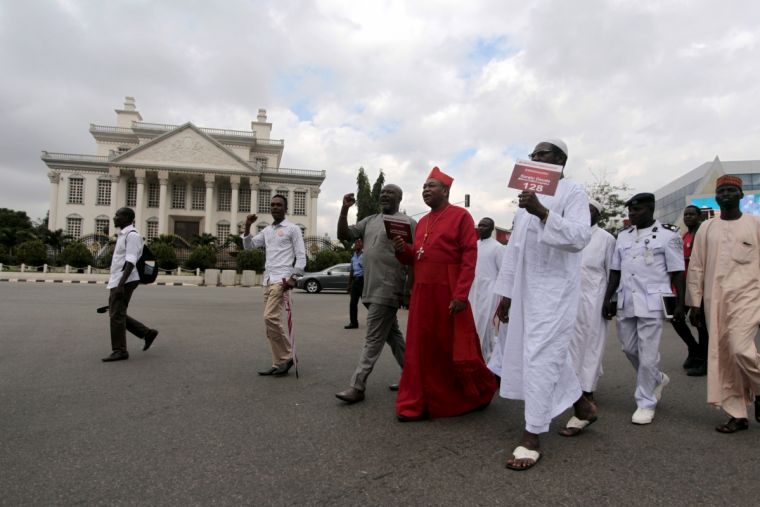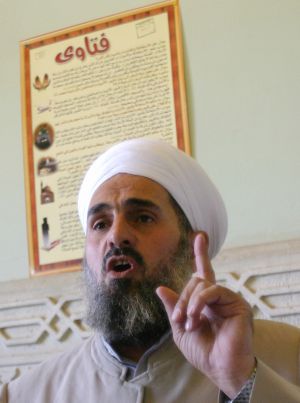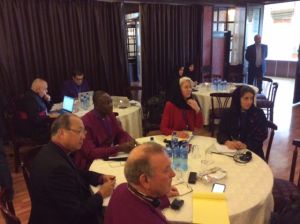Christian And Muslim Leaders Condemn Use Of Holy Books To Justify Terror

Christians and Muslims have joined in condemning the abuse of the Koran and the Bible to "justify and facilitate acts of hatred hatred, discrimination, exclusion, violence and terrorism toward others."
Anglican and Catholic bishops together with Sunni and Shia Muslims also condemned the abduction and "forced conversion" of young girls by older men.
In addition, they attacked the "manipulation of blasphemy laws to excuse criminal behaviour."
The religious leaders from the Anglican and Catholic traditions and Shia and Sunni scholars issued their strongly-worded statement, hosted by the Anglican Communion, during the fourth session of the Christian-Muslim summit in Tehran, Iran.

They noted that women, children, religious and ethnic minorities are the first targets of "erroneous interpretation of the texts" which can lead to various forms of "hatred, humiliation or persecution".
People should not be persecuted because they have a different religion from the majority or the state religion, they said.
"The concepts of believer/nonbeliever (Mumin/Kafir), should not affect citizens' rights and social relationships, but practical behaviour in the context of those who want peace and those who want war and violence should be given priority," the statement said. "Life is God's greatest gift to humanity, and no one has a right to take this life."
Such behaviour offends God, discredits religions, their leaders and all believers, they said.
They criticised "aggressive tendencies" and criminal acts against nations, groups, and individuals.
Religous leaders should avoid calling people of other faiths "non-believers", they added.


People of no faith at all should also be treated with "respect" and not denied of rights or dignity.
And religious leaders must also learn to reflect on and be critical where necessary of their own religious texts. "The willingness to be self-critical can constitute a significant way to counteract fanaticism," says the Summit statement.
No person of faith should fall prey to the temptaton to boast or claim superiority for their religion because this can lead to an attitude of exclusion and rejection.
Religious leaders should also live and behave according to their teachings of their religion.
"Religion should not be compromised by political or economic gain or the desire to amass power or other self-interest," the statement says.
The religious leaders also pledged to work together to counter "phobia" of any religion and persecution. They will cooperate to "prevent insults, defacement, or destruction of religious symbols, art, buildings, and texts."
The four Christian-Muslim Summits that have been held between 2010 and 2016 will now be developed into a "network" of dialogue around the world.
The signatories are Ayatollah Professor Sayyed Mostafa Mohaghegh Damad, director of Islamic studies at Iran Academy of Sciences, Shaikh Dr Mahdi Al-Sumaidaei, Grand Mufti of Sunni Muslims in Iraq, Episcopal Bishop of Washington John Bryson Chane and Cardinal John Onaiyekan, Catholic Archbishop of Abuja, Nigeria.











